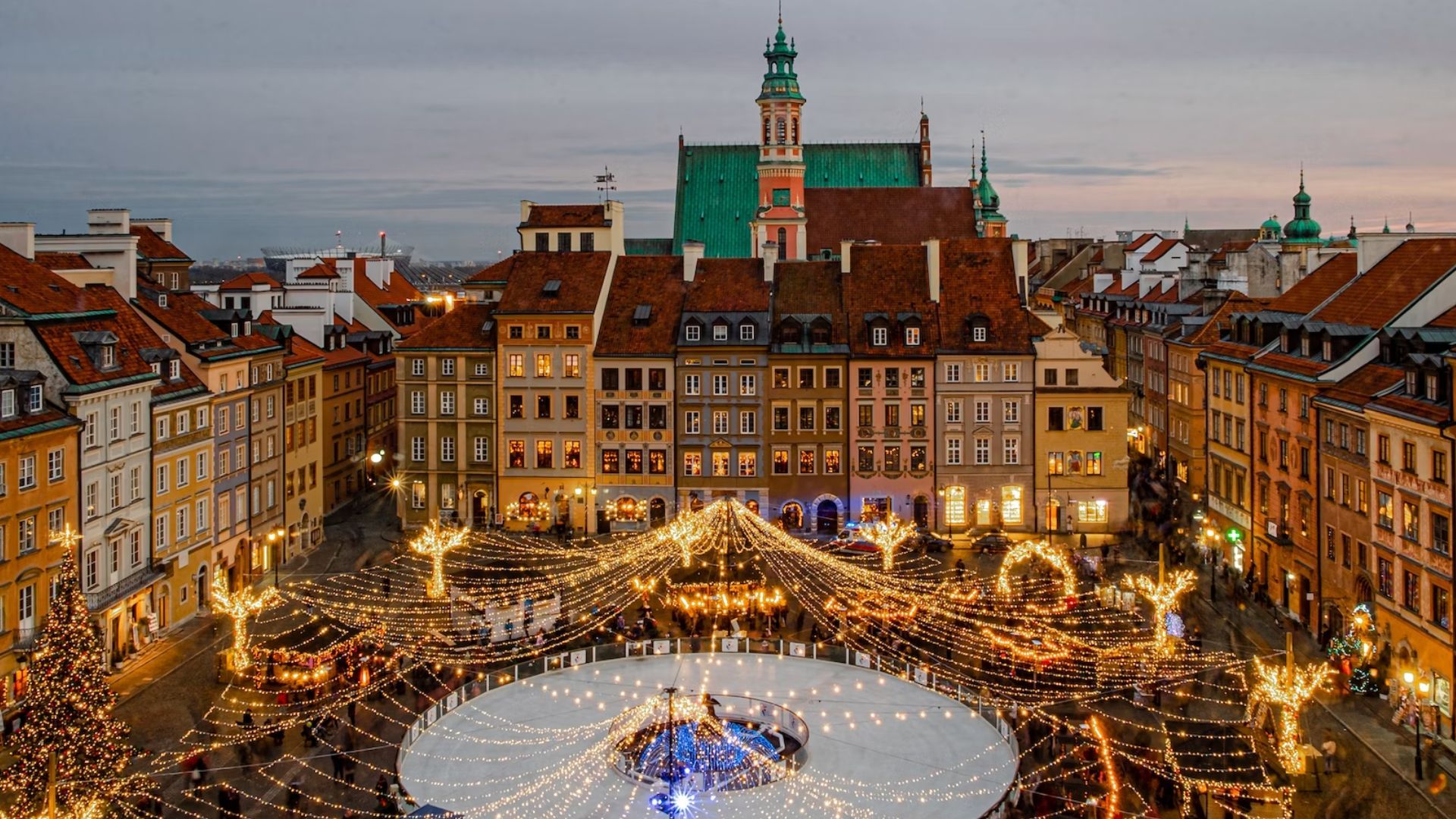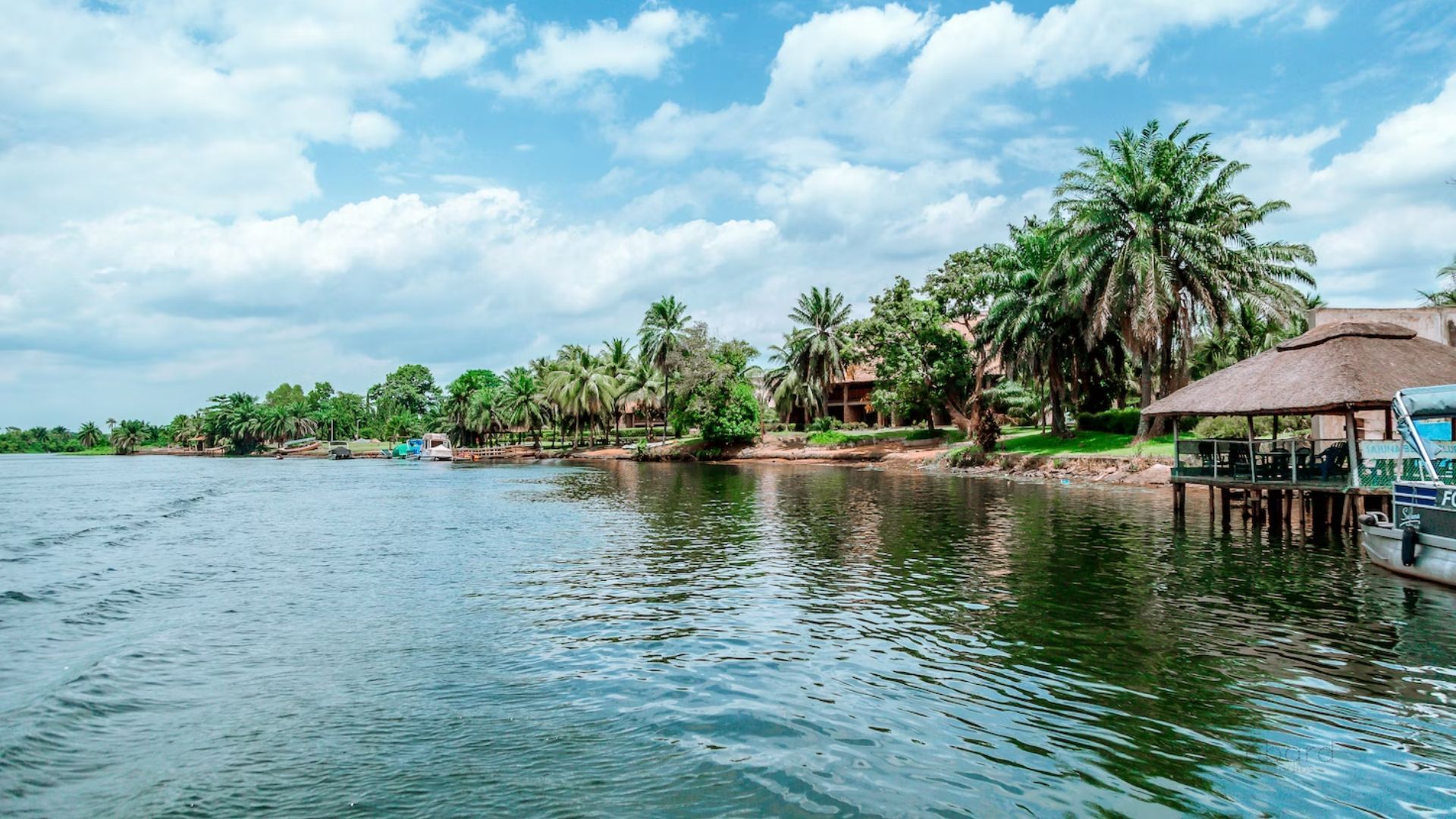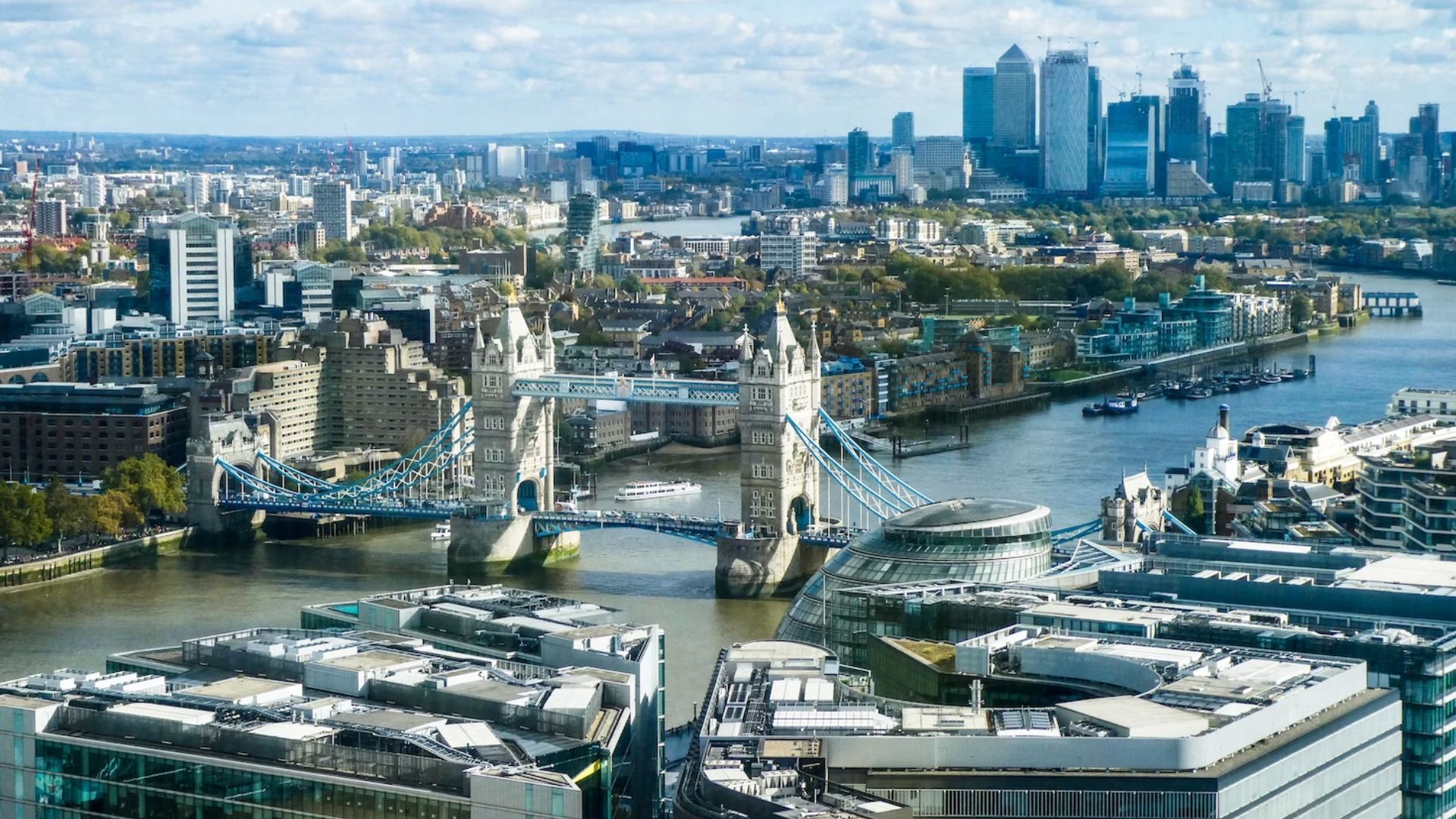What is an Ancestry Passport?
Citizenship is awarded by nations that uphold the concept of jus sanguinis, or “right of blood,” to anyone who can demonstrate their kinship ties to the nation. It goes without saying that this must be supported by pertinent birth certificates and records attesting to their ancestry in the nation.
Getting an Ancestry Passport has social, economic, and cultural advantages in addition to providing international travel opportunities. It even provides a better safety cushion and permits political involvement in both nations.
Countries that offer passports through ancestry
Although over 50 countries grant passports based on descent, we have listed the seven most desirable countries where the likelihood of obtaining this document is fairly high.
1) Germany
Do you have any plans this weekend that involve car trips to Bavaria and walks around the Brandenburg Gate? If you have German ancestry and your parents, grandparents, or great-grandparents were born there, rejoice in all that comes with a German passport.

There are specific combinations of circumstances that apply in order to further clarify. You meet the requirements, for example, if you were born before 1975 and your father was a lawful German citizen, or if you were born after 1975 and one or both of your parents were lawful German citizens.
Going even further back in time, you may be eligible for citizenship if one or more of your great-grandparents or grandparents were German, even if their citizenship was revoked between 1933 and 1945 due to political, racial, or religious reasons during the Nazi regime. Additionally, get in touch with a citizenship service and genealogy research company like if you don’t speak the language well or if you have questions about eligibility and the application procedure Polaron.
2) Poland
Rekindle your Polish heritage with an endless supply of pierogi (Polish dumplings) and crimson borscht. You will be qualified for dual citizenship if you are able to prove that you are descended directly from a Polish citizen, either via your parents, grandparents, or great-grandparents.

Remember that at the time of your birth, your connection should have been a Polish citizen. The documentation requires citizenship to be consistent throughout the family, which is the sole drawback. Put otherwise, you will not be eligible for the Polish Ancestry Passport if your parents did not become Polish nationals but your grandparents were. The legal process also involves a lot of intricate documentation and discussions with attorneys. We recommend reaching out to Polaron or Nomad Capitalist to streamline the proceedings.
3) Spain
For eternity, the inquisitive traveler has been enthralled with the country of sun, sand, and soccer. But obtaining Spanish citizenship must bring with it a whole other kind of happiness. If any of the following apply to you: your grandparents are Spanish, your parents are Spanish nationals, you were adopted by a Spanish national before turning eighteen, or both of them were born in Spain, you may obtain a Spanish passport by ancestry.

Before submitting an application for citizenship, you must be a lawful resident of the nation for a full year, as stated by the Ministry of Foreign Affairs, European Union, and Cooperation of Spain.
4) Greece
Greece attracts travelers from all over the world because of its Cycladic homes, Mediterranean environment, and coffee culture. The finest aspect? The Greek government issues passports based on ancestry because it prioritizes family relationships and the generational connection to the Greek heritage.

Therefore, you’re in luck if you can show that you are descended directly from a Greek parent or grandmother. Birth certificates, marriage certificates, and any other proof documents required by Greek citizenship rules must be presented.
Also Read: Top 14 Easiest Countries to Get a Schengen Visa From
5) Ireland
Citizenship by descent is also granted by the Emerald Isle, Ireland. You are automatically regarded as an Irish citizen if you were born in Ireland to Irish parents. Additionally, if one of your parents was an Irish citizen at the time of your birth, even though they were not born in Ireland, or if one of your grandparents was born in Ireland, you are eligible to apply for an Irish Ancestry Passport.

You must first apply for “Foreign Birth Registration” in order to obtain the passport; this process could take up to a year.
6) Ghana
Ghana is an exceptional cultural and culinary hotspot with its distinct blend of drumming, dancing, and rich tradition. There has never been a better moment to renew your ties to Ghana if you have Ghanaian parents or grandparents.

Ghana declared 2019 to be the “Year of Return,” an initiative to encourage African Americans and other diasporans—especially those descended from slaves who were transported across the Atlantic—to return home. Building on this, Ghana has initiated a ten-year project named “Beyond the Return” with the goal of promoting tourism in the nation and resolving African-American citizens’ citizenship issues if their parents or grandparents are not Ghanaians.
The first step in applying for a Ghanaian Ancestry Passport is to officially apply to the Ministry of Interior in Ghana.
7) UK
The lengthy application process for a British passport can take several years. Prior to applying for a UK Ancestry Visa, you must first establish that at least one of your grandparents was born in the country. The following procedures entail remaining in the nation for a minimum of five years, submitting an application for permanent settlement, obtaining it for a year, and then submitting an application for citizenship.

Although the process is tedious, it offers great advantages like as the ability to work and study in the UK, access to the National Health Services (NHS), the ability to vote in UK elections, and the ability to claim public subsidies.
Ancestry passport – Eligibility & Process
After selecting the nation whose Ancestry Passport you wish to obtain, you need to prove that you are descended directly from that country. Subsequently, gather ancestor-related documents such as birth certificates, naturalization records, and citizenship paperwork. After that, complete the citizenship application paperwork in accordance with national guidelines. Some nations mandate that you be a native speaker, while others have minimum residency requirements. For a hassle-free experience, we advise partnering with a genealogy research company and citizenship service.
Hero and Feature Image: Courtesy Milosz Kubiak/Shutterstock














